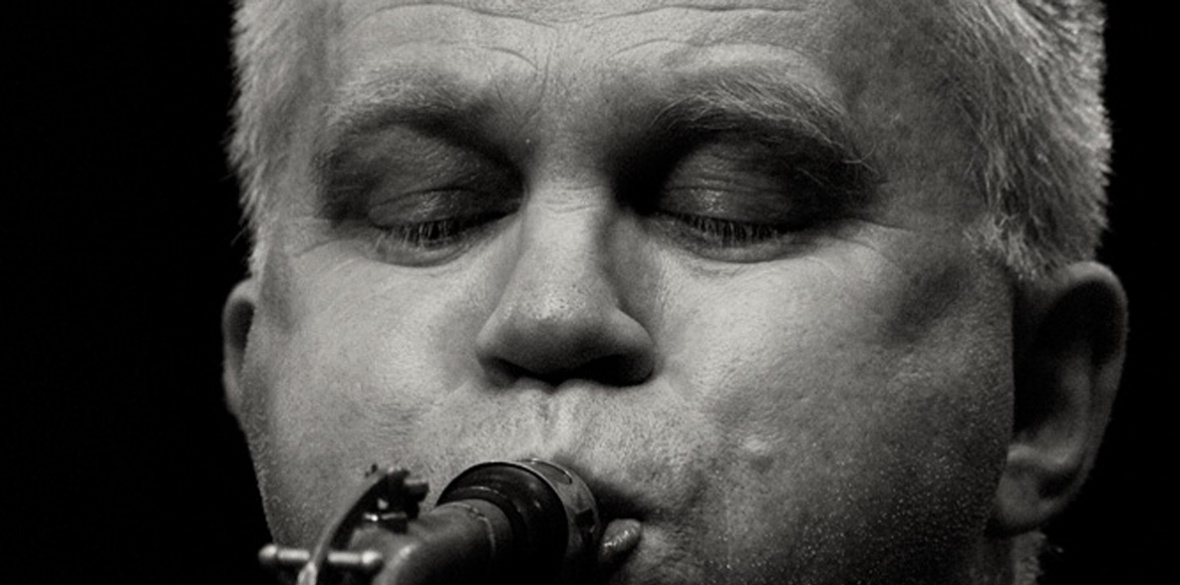This is the last article you can read this month
You can read more article this month
You can read more articles this month
Sorry your limit is up for this month
Reset on:
Please help support the Morning Star by subscribing here
“WE FELT our mix of nations was a strong message to apartheid and towards Thatcher too,” says veteran Norwegian saxophonist Frode Gjerstad.
“We played totally improvised music without a leader. We did things together and trusted each other, mixing our instruments so you hear them all at the same time — a model for an equal society, in miniature.”
The “we” he’s talking about is the trio Detail, of which he’s the sole surviving member, formed with the British drummer John Stevens and bassist Johnny Mbizo Dyani of East London, South Africa, who had been the pulse of the Blue Notes exiles from apartheid in 1963.
New Detail album Day Two, never before released, has just been issued on the NoBusiness label, and Gjerstad plays tribute to the inspirational Stevens, a founder of the Spontaneous Music Ensemble, whom he worked with over the years.
“It was like a long workshop,” he tells me. “John devised ideas which we would try out in cars, trains, sound-checks or over dinner. He told me endless stories. He was super-active and went on and on all the time, in an endless stream of Camel cigarettes and words.”
For the younger Gjerstad, Stevens was also a mentor. “He took me into unknown territory,” he recalls. “To get me out of my dreams or a certain rhythm, he would try to upset me so I would forget the thoughts of what I might play next.
“Independence sums up what I learned from him, in music and life.”
When they decided to make a trio with a bassist, Stevens went for Johnny Dyani, who he described as “the best” and for Gjerstad, he was the greatest.
“He was standing on one side, I was on the other side with John in the middle. We communicated through John. Johnny’s groove was beautiful, he played with many rhythms simultaneously.
“He was very free and his rhythms were solid. He felt that rhythm was fundamental, that chords and melodies grew from rhythms.”
He remembers how Dyani’s music expressed the South African people’s struggle. “When we played in England, many South Africans came to our gigs. Johnny talked to them through his bass and they loved to hear him.
“He was transmitting a very optimistic story. But he was suffering, unable to go home to his family, yet in his bass he was saying: ‘I’m black and proud! They will not break me! Not in the music, and not outside!’”
The trio’s precious unity is beautifully expressed on the Day Two album. It’s a record of lyricism, fortitude, freedom and astonishing inventiveness, with passages of moving quietude and reflection – and Gjerstad remembers well the huge effort Stevens made in the studio to ensure Dyani’s bass was recorded in its full sublimity.
“I thought the music should be heard,” he declares, “even though more than 35 years have passed.”
He’s as immensely proud today as he was then when they played together and hearing the trio on Day Two, one can only marvel at their warmly empathetic sound, as if decades were but seconds and what was then is now.










